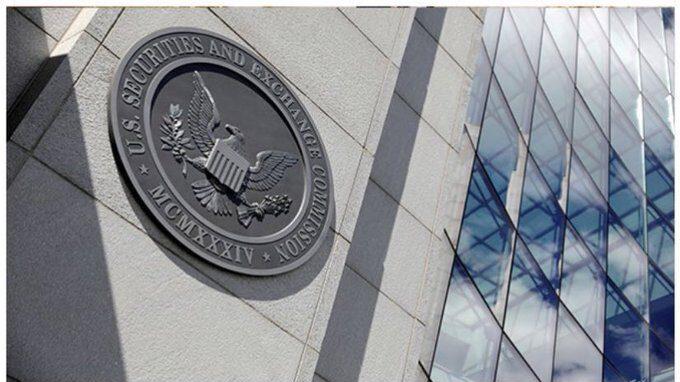What the SEC has to Say about The Ethereum PoS Transition

- On Thursday, SEC Chairman Gary Gensler stated that proof-of-stake cryptocurrencies could qualify as securities under the Howey Test.
- “From the coin’s perspective…that’s another indicia that under the Howey test, the investing public is anticipating profits based on the efforts of others,”
The long-awaited event on the Ethereum Blockchain on Thursday may have enchanted scrutiny of top US regulators chaired by popular Gary Gensler. Ethereum’s transition from Proof-of-Work to Proof-of-Stake may have turned the second largest cryptocurrency after Bitcoin into a Security.
Gary Gensler, chairman of the Securities and Exchange Commission stated that an asset is classified as a Security after undergoing a Howey test( regulators examine whether investors expect to earn a return from the work of third parties.) where cryptocurrencies and intermediaries allow investors to stake their coins.
“From the coin’s perspective…that’s another indicia that under the Howey test, the investing public is anticipating profits based on the efforts of others,”
However, Gensler mentioned that he wasn’t referring to any particular cryptocurrency.
Stern Rules for Securities
Stocks and bonds act as assets under securities. As of 1930, the SEC had put in place rules by which security insurers had to abide. The rules put in place were to protect investors from conflicts of interest as Brokers and Exchanges facilitated their trades. Failure to do so meant that the SEC or the court had to issue great penalties for selling any asset deemed to be a security by the SEC.
Ethereum joined Solana and Cardano by staking as a way in which networks use to verify transactions. Ether will give users the chance to lock in their ETH for a period of time before receiving returns.
For a quiet period of time, the SEC has beckoned that firms offering lending services register with the agency. This means that intermediaries such as crypto exchanges that offer staking services are similar to lending firms. Last year, BlockFi fell victim to a $100 million fine for failing to register with the SEC
Commodity Futures Trading Commission (CFTC) VS Securities and Exchange Commission Over Crypto Jurisdiction
There has been a dilemma in which body between the Commodity Futures Trading Commission and the Senate Banking Committee. The Senate Agriculture Committee, the body overseeing the Commodity Futures Trading Commission (CFTC), held a hearing on Thursday to discuss and vet a crypto bill. Meanwhile, the Senate Banking Committee, overseeing the SEC, also held a hearing so members could question the SEC Chair.
According to the bill posted by the agriculture group state that Bitcoin and Ethereum are digital commodities and not securities. Digital commodities do not fall under the purview of federal regulators under current law. Essentially, this bill would grant the CFTC the authority to regulate digital commodities. Crypto exchanges would be required to register with the CFTC, monitor trading activities, protect investors, and only offer assets resistant to manipulation












+ There are no comments
Add yours